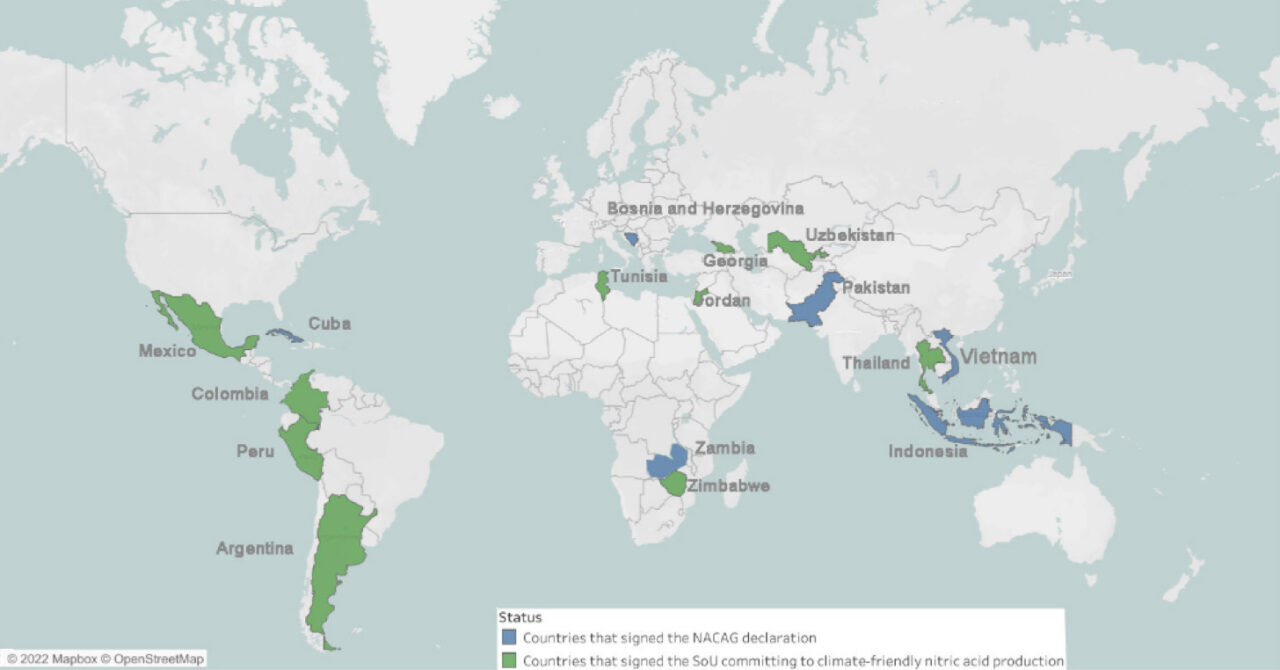Transforming the sector(s)

The adoption of the Paris Agreement at the Paris climate summit in December 2015 marks a historic turning point in international climate change politics. Setting out the legal framework for future global climate action, it represents the first-ever universal, legally binding global climate deal. In the Agreement, Parties have committed to limiting the global temperature increase to well below 2°C above pre-industrial levels and to pursue efforts to limit the increase to 1.5°C. In contrast to the Kyoto Protocol, the Paris Agreement stipulates that all countries, including emerging economies and developing countries, must contribute to climate change mitigation efforts. Governments have committed to developing and communicating to develop and communicate so-called Nationally Determined Contributions (NDCs), in which they formulate their climate change mitigation and adaptation goals and indicate policies and measures to attain them. Furthermore, industrialized countries are to provide climate finance to assist developing countries and contribute to ambition raising.
The abatement of nitrous oxide (N2O) emissions from the production of nitric acid represents a mitigation option that is not specifically addressed in most countries’ NDCs. Some countries – namely Pakistan, Jordan, Tunisia, Zimbabwe, Colombia, and Mexico – have specifically included the nitric acid sector in their NDCs. However, respective abatement technology is readily available, and abatement costs are relatively low.
The Nitric Acid Climate Action Group (NACAG) aims to transform the global nitric acid sector towards permanent employment of N2O abatement technology. This transformation would represent an important and very cost-efficient contribution to global mitigation efforts. NACAG is offering technical support and advice with respect to the implementation of N2O abatement to all interested governments and plant operators. Moreover, NACAG is also offering financial support. A prerequisite for such support is the political commitment by partner country governments to continue the mitigation activities independently in the future.
By transferring the responsibility for the emission abatement to the partner countries, NACAG intends to ensure the sustainable abatement of N2O emissions and the long-term transformation of the nitric acid sector. This approach is in line with the spirit of the Paris Agreement, which assigns responsibility for emission reduction efforts to all countries, including developing countries and economies in transition while calling on developed countries to provide climate finance and to assist developing countries in achieving their NDCs.
NACAG encourages all countries to include the abatement of nitrous oxide emissions from the production of nitric acid in their NDCs and ensure mitigation in this sector.


